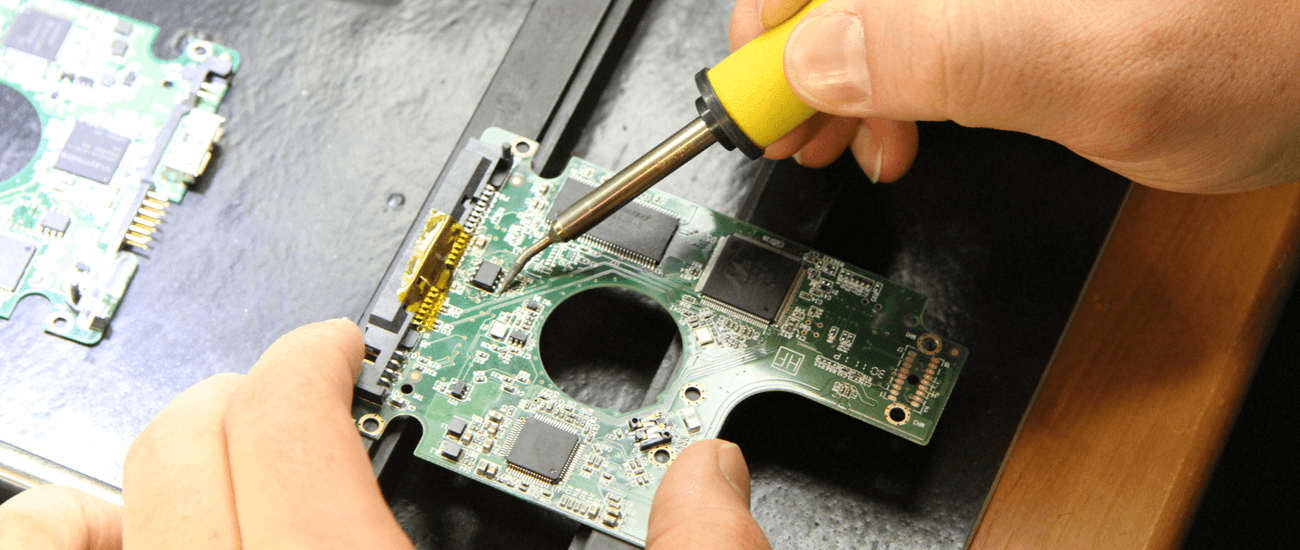Planning network security for your business should be a priority. Data security and recovery is possible through companies like Secure Data Recovery. You also have to protect your customer’s information from being stolen by a hacker.
Usually installing network security is something that many small companies have on their to-do list. The reason for this lack of a sense of urgency is because a rapidly growing company may be too preoccupied with pressing business concerns and the idea of a hacking attack appears to be a remote threat. However, there are some things that are too dangerous to procrastinate on. Network security is one of them.
5 Reasons Why You Dare Not Procrastinate
If your small company has not yet installed network security, here are 5 reasons why you should take action as soon as possible:
- You have a moral and legal obligation to protect your customers.
You have a moral obligation to protect your customers because they have trusted your business and shared their sensitive personal information with you. You also have a legal obligation to comply with governmental regulations for securing consumer information.
It’s a distressing fact of modern life that no business is too small to attract the interest of cybercriminals. These online predators may hack a small business simply because they see it as a low hanging fruit. By comparison, it takes a considerable amount more ingenuity, time, money, and effort to break into a large company with a high network security system.
- You could ruin your reputation and go out of business.
Customers want to do business with a company that secures their data. If the word gets out that you have been too busy growing your business to get around to taking data security measures, you will experience an immediate decrease in business. In fact, if someone complains about the loss of their personal information due to your carelessness on a public forum, then your business could collapse. This can happen even if the claims made against you are completely false. No one wants to do business with a liability.
- A hacker attack will do more damage to your business than it would to a large business.
It may seem counterintuitive to suggest that a security breach that costs a small company tens of thousands is worse than a security breach that costs a large corporation millions but that’s exactly what you will discover.
There are three reasons for this situation:
First of all, you don’t have as much reserve capital or access to surplus funding as a larger company. As a result, you are more vulnerable.
Secondly, you don’t have a quick response team to immediately take care of the issue.
Thirdly, you don’t have the marketing power to bounce back after a security breach. You will not be able to afford the reputation damage control necessary to stay in business.
- You could be sued for negligence in the event of a case of identity theft.
You can face a lawsuit if an identity theft case can be traced back to a lack of security precautions taken by your business. In a litigious society where McDonald’s was successfully sued for not posting a warning label that hot coffee can scald, you have little chance of getting away with a light fine. You must protect yourself and be able to prove that you are a responsible merchant and take strong measures to protecting your customers information.
- Even a pointless malicious attack could cost you money.
Not all hacks are due to someone wanting to steal money or identities. Some are done as a lark. Like a graffiti artist defacing a wall in the middle of the night, a hacker may simply break into your network for malicious, rather than financial, reasons. When Aweber, the eCommerce email provider, faced a DDoS attack, it was not for financial reasons—but it took the company almost a week to recover from the attack. In the meanwhile, it lost revenue and had to spend quite a bit of money to figure out how to resolve the problem. In addition, thousands of their eCommerce customers lost money, too, because their promotional emails were not delivered.
Hacking is Not Personal
You might believe that your network is safe from attacks because you have no known enemies. You are not a big business attracting attention. You are an honest, ethical, and reputable business with satisfied customers. Why would anyone attack you? The thing is that hacking is often not personal. According to Computer World, your adversaries might include “hackers, script kiddies, hacktivists (to achieve some political cause), computer criminals (hacking for profit or financial gain), virus and worm writers, insiders and, last but not least, cyberterrorists targeting critical infrastructure and using attacks as a force multiplier.”
A Deadlier Version of Highway Robbery
In the 20th Century, the biggest threat a business faced was a break in during the middle of the night, but in the 21st century somebody could be cleaning out your company’s banking account while you are ringing a customer up at the counter. Electronic theft is easier and more profitable than ever before. Be sure to protect your customer’s data by taking the necessary steps to ensure their security.

Leave a Reply
You must be logged in to post a comment.